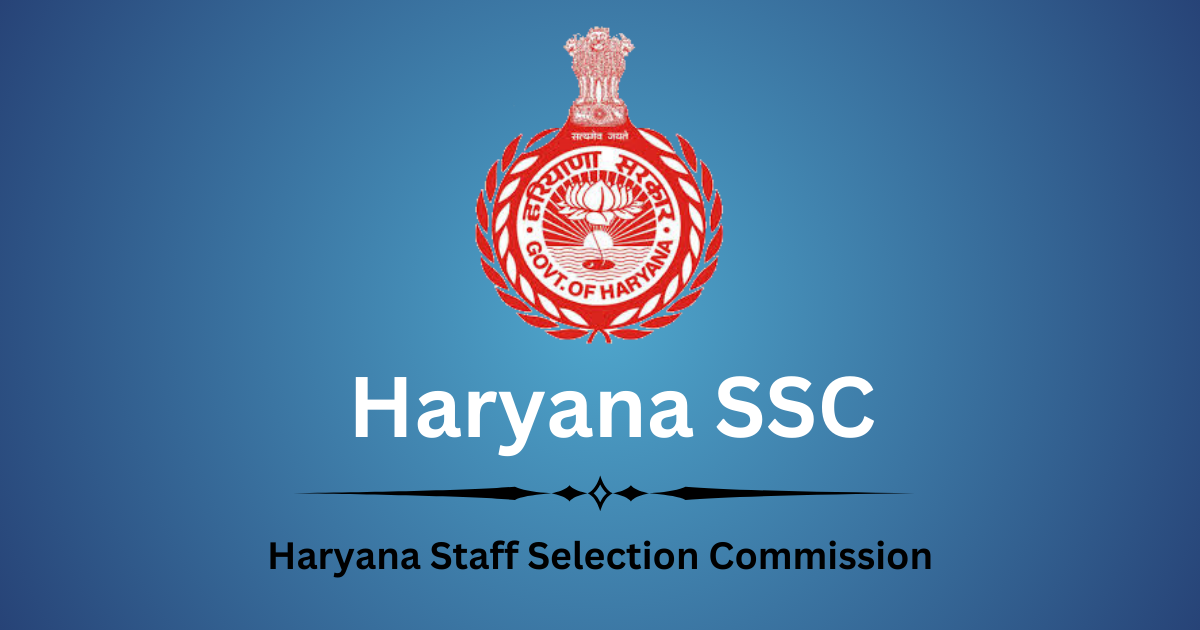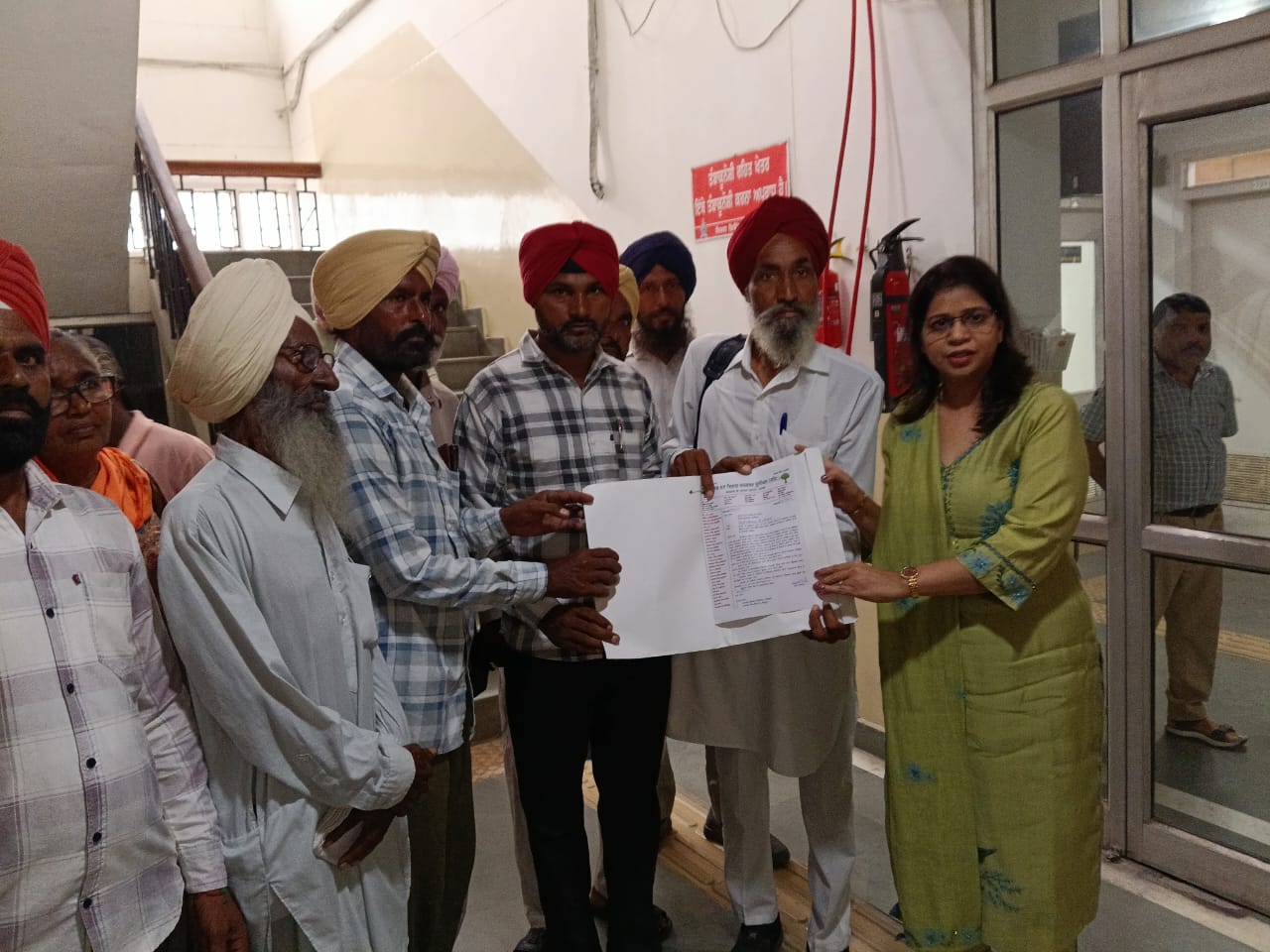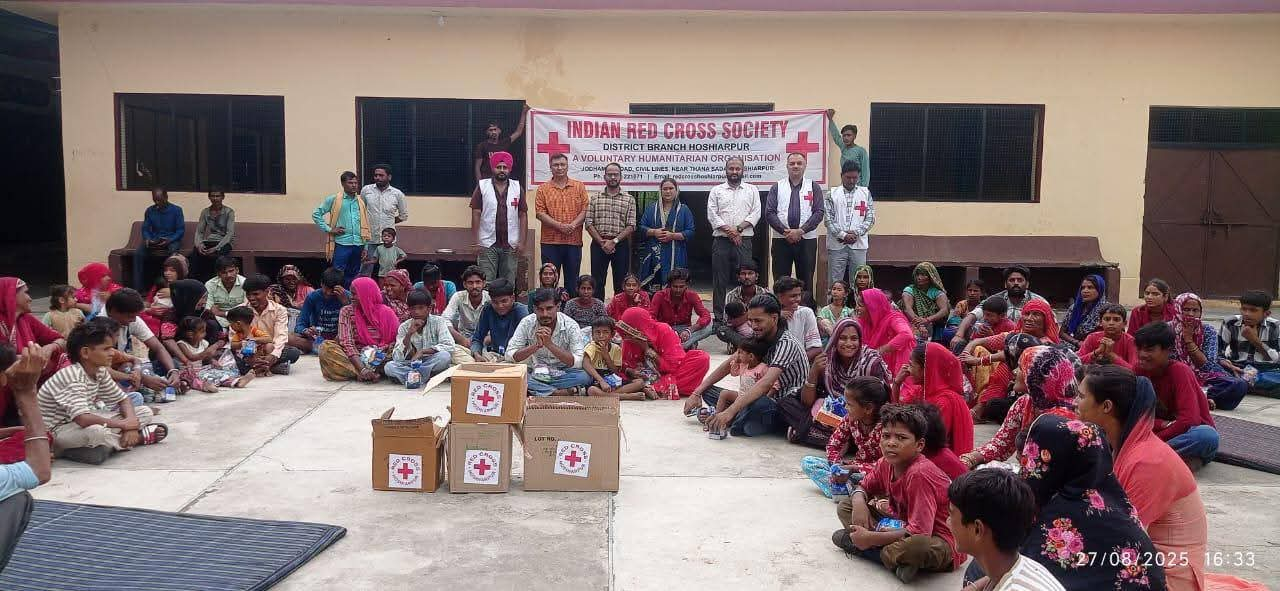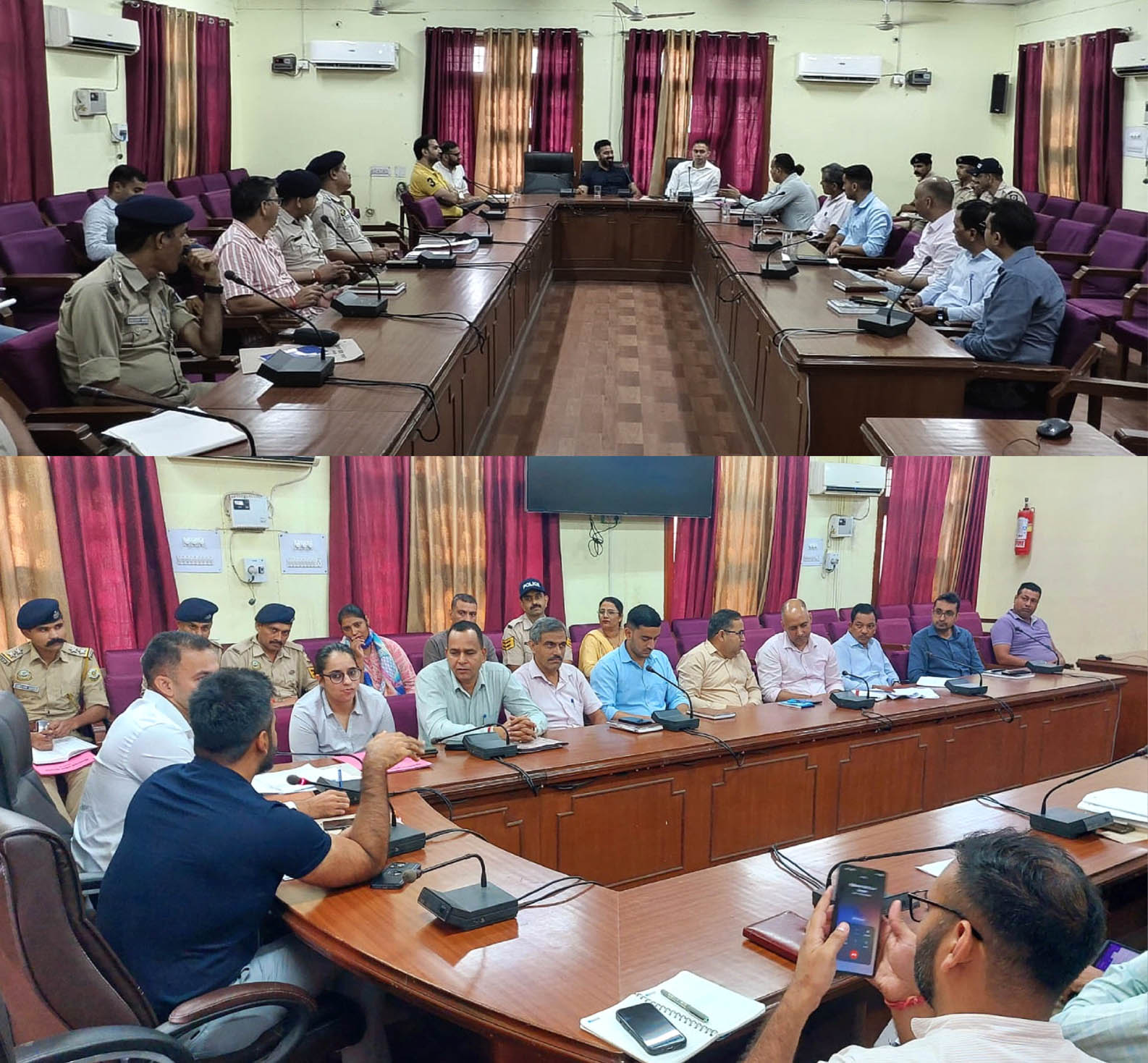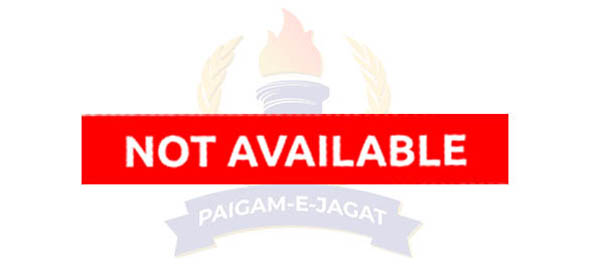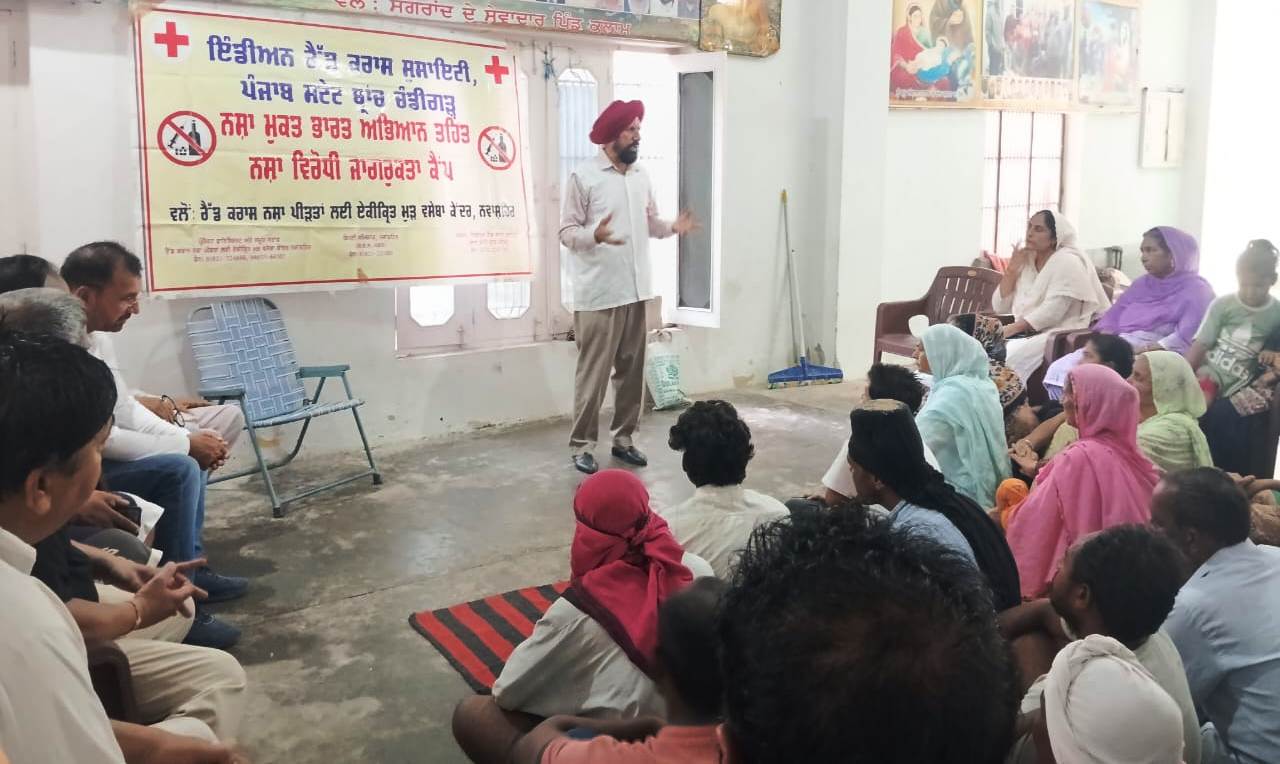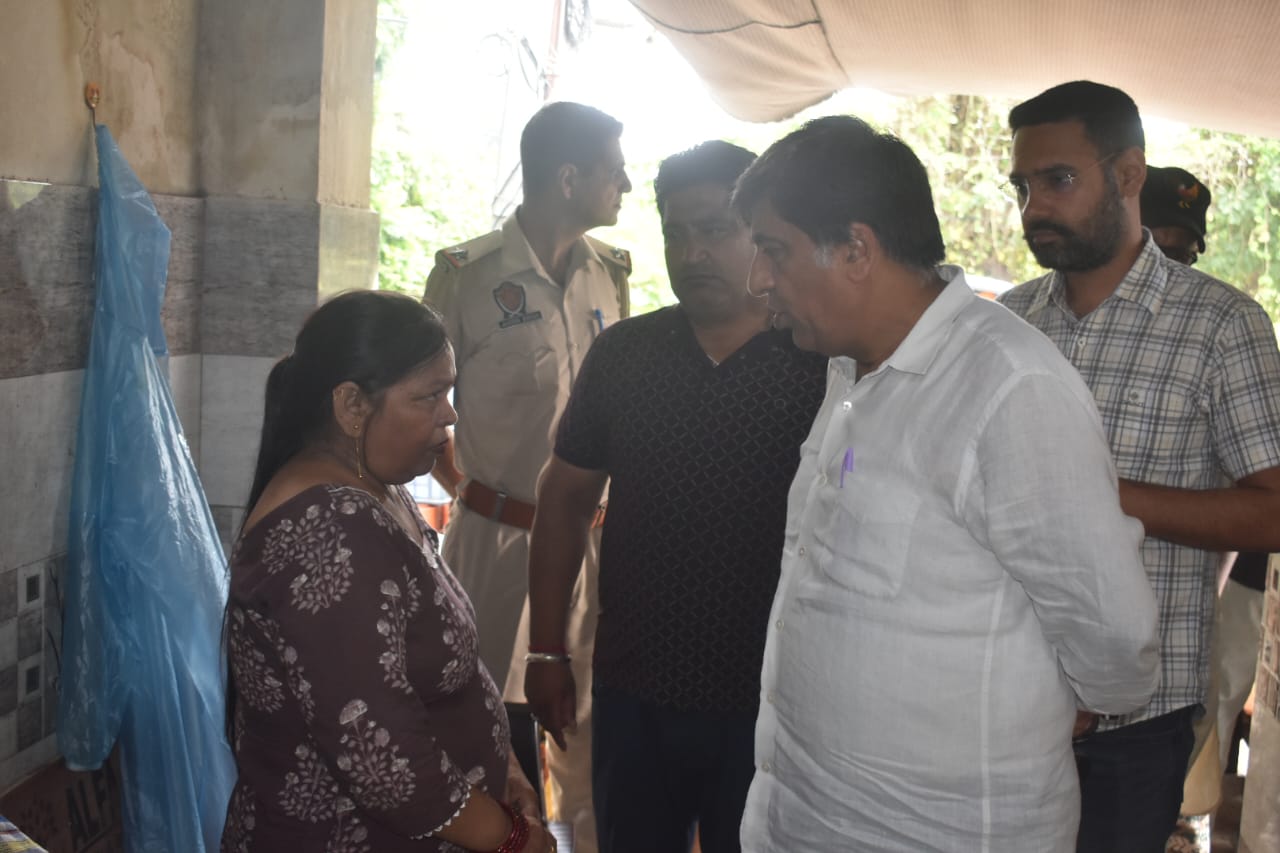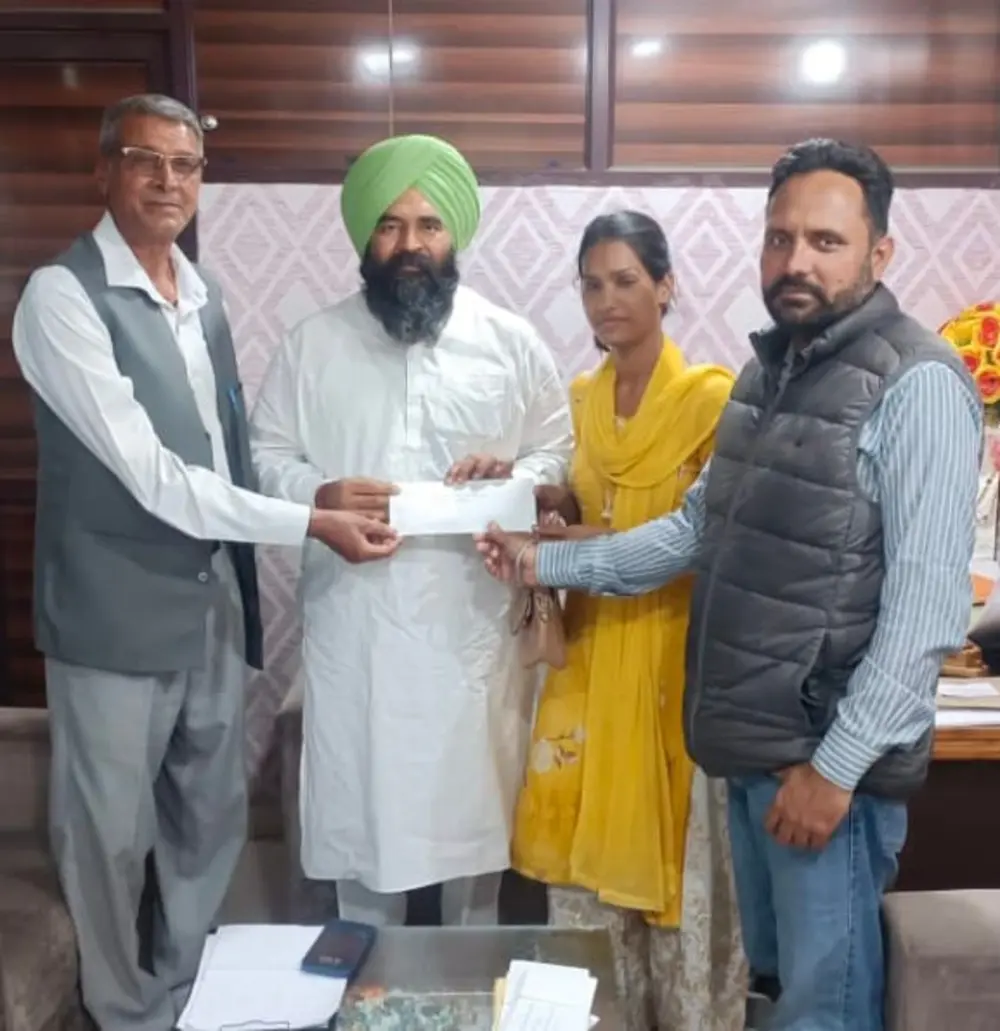
Deputy Speaker Rori handed over appointment letter in Nagar Council Garhshankar
Hoshiarpur- Deputy Speaker of Punjab Assembly Jai Krishna Singh Rori today handed over appointment letter to Simran resident of Ward No. 2 Ramlok Nagar, Garhshankar for the post of Safai Sevak in Nagar Council.
Hoshiarpur- Deputy Speaker of Punjab Assembly Jai Krishna Singh Rori today handed over appointment letter to Simran resident of Ward No. 2 Ramlok Nagar, Garhshankar for the post of Safai Sevak in Nagar Council.
On this occasion, Deputy Speaker Rori said that under the leadership of Chief Minister Bhagwant Singh Mann, the state government is taking big steps in the field of employment for the youth along with extending the benefits of welfare schemes to maximum eligible beneficiaries. He said that by bringing major reforms in the education and health sector in the state, quality facilities have been provided to the people.
The Deputy Speaker said that in the coming time, development works will be expedited across the state. On this occasion, Municipal Council Chairman Trivendra Dant Airy and former Vice President Harinder Singh Mann and the present numberdar were present.


